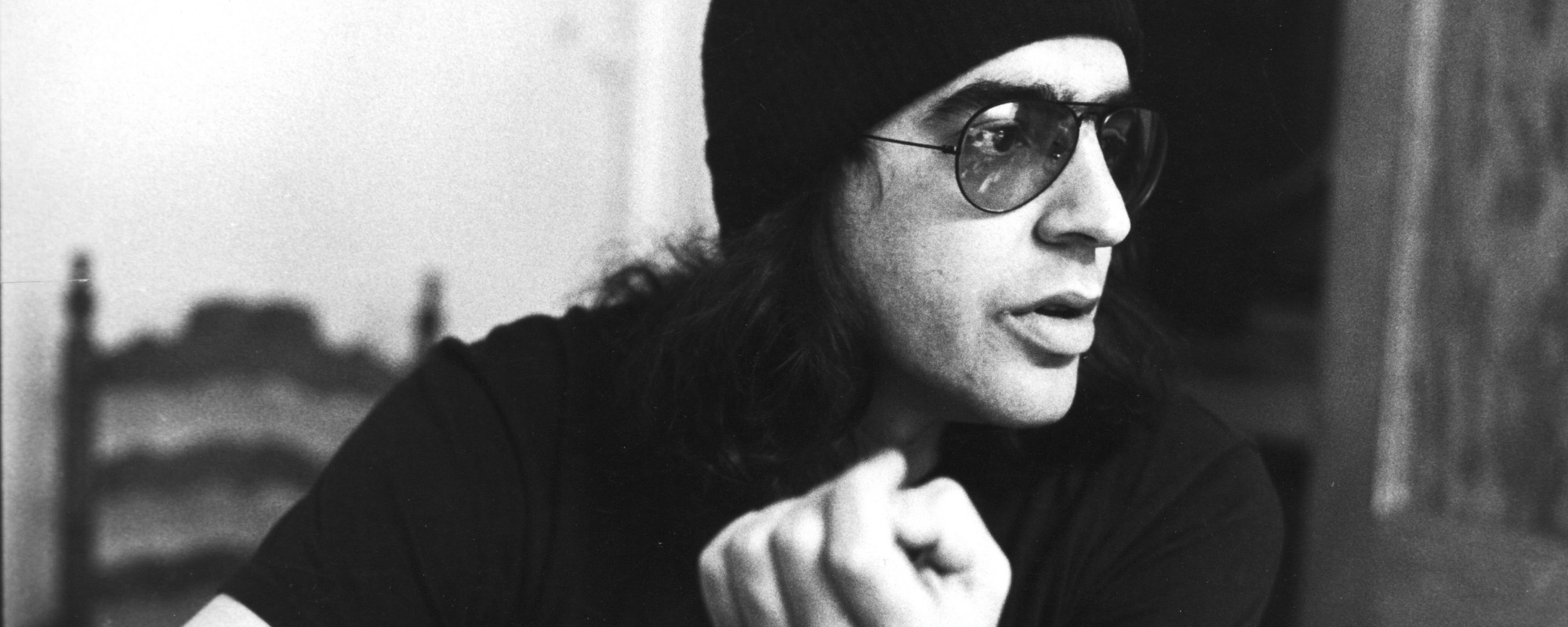On Neil Young’s folk-rock classic “Pocahontas,” the singer travels at warp speed through history.
Videos by American Songwriter
His surreal tale addresses North American colonization and how its consequences lingered in 20th-century Hollywood films. Young recorded an acoustic version of “Pocahontas” for Chrome Dreams in the mid-’70s. However, that compilation wouldn’t see a release until 2023. It’s also available on Hitchhiker, which saw an archival release in 2017.
But the song first appeared on Young’s 1979 album Rust Never Sleeps with overdubbed instrumentation.
Rust Never Sleeps
With a melody similar to Carole King’s “He’s a Bad Boy,” Young’s tune has a childlike wonder to its opening verse. The lonely tale begins with a peaceful scene before turning to a dark chapter in Native American history.
Aurora borealis
The icy sky at night
Paddles cut the water
In a long and hurried flight
From the white man to the fields of green
And the homeland we’ve never seen
The song details the massacre of Native Americans by European colonizers. Then Young quickly moves to a bustling modern city. And how a traditional culture became commercialized: With my Indian rug / And a pipe to share.
They killed us in our teepee
And they cut our women down
They might have left some babies
Crying on the ground
But the fire sticks
And the wagons come
And the night falls
On the setting sun
Marlon Brando Declines the Oscar for Best Actor
“Pocahontas” continues its race through history and arrives at the 1973 Academy Award ceremony in Los Angeles. Young mentions Marlon Brando, referencing the actor’s protest against Hollywood’s portrayal of Native Americans in film.
At the 45th Academy Awards, Brando invited civil rights activist and actress Sacheen Littlefeather to speak in his place. “I was a spokesperson,” Littlefeather said, “so to speak, for the stereotype of Native Americans in film and television.”
And maybe Marlon Brando
Will be there by the fire
We’ll sit and talk of Hollywood
And the good things there for hire
Brando won the Oscar for Best Actor for his role as Vito Corleone in The Godfather. But he declined the award and asked Littlefeather to deliver lengthy remarks. Due to time constraints, her speech was cut to 60 seconds.
Here’s the opening to Littlefeather’s speech: “Hello. My name is Sacheen Littlefeather. I’m Apache, and I am president of the National Native American Affirmative Image Committee. I’m representing Marlon Brando this evening, and he has asked me to tell you in a very long speech, which I cannot share with you presently because of time, but I will be glad to share with the press afterwards, that he very regretfully cannot accept this very generous award. And the reasons for this being are the treatment of American Indians today by the film industry.”
History and Legend
The song is named after Pocahontas, the Native American girl who—according to legend—saved an English settler named John Smith after her father’s tribe had taken him as a prisoner in 1607.
She’s a real-life historical figure who’s also reached near-mythical status in stories and culture. Young’s folk song shares a similar combination of real events and dreamlike images.
A rootsy lullaby born from pain.
Photo by Michael Ochs Archives/Getty Images













Leave a Reply
Only members can comment. Become a member. Already a member? Log in.